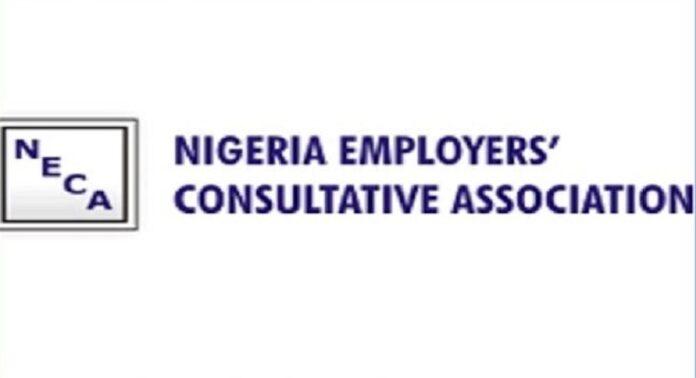The Nigeria Employers’ Consultative Association (NECA) has thrown its weight behind the Federal Government’s decision to impose a 15 per cent import tariff on imported petrol and diesel, arguing that the policy is crucial for economic stabilization and industrial growth.
In a statement issued on Sunday in Abuja, NECA Director-General, Mr. Adewale-Smatt Oyerinde, asserted that the move is a necessary step toward protecting domestic refining capacity, strengthening the Naira, and attracting investment. He highlighted the long-standing economic anomaly of a major oil producer relying heavily on foreign refined products.
“It is absurd for a country blessed with crude oil to spend so many years importing petrol and diesel,” Oyerinde said, linking the continuous importation to the persistent comatose state of Nigeria’s four national refineries.
He described the new measure as a fundamental step toward correcting this imbalance. “The imposition of the tariff on imported fuel is not only timely but essential,” Oyerinde stated. He elaborated that the policy is expected to promote local value addition, strengthen refining capacity, conserve foreign exchange, and vigorously support Nigeria’s industrialization agenda.
Oyerinde expressed optimism regarding the potential economic impact of the tariff, projecting that “If implemented effectively, this policy will accelerate Nigeria’s journey toward energy sufficiency and economic growth.” He noted that by reducing the foreign exchange demand required for fuel imports, the policy will also offer the Naira much-needed relief.
Furthermore, the tariff provides a necessary assurance to private sector players. “It will assure local manufacturers and investors in the oil and gas industry that government policies are designed to protect and sustain their investments,” he added.
Despite the strong endorsement, Oyerinde issued a cautious appeal to the Federal Government, urging careful management to avoid negative fallout. “Government must establish necessary parameters and manage the dynamics of the policy to avoid negative consequences,” he advised. He specifically recommended that the Naira-for-crude arrangement be effectively managed to ensure local refiners receive a regular crude supply, stressing that “A policy meant to promote local refining and ensure regular supplies at the lowest cost should not become a hardship for Nigerians.”
The Director-General concluded by calling on the government to prioritize policies that foster domestic production across the entire economy, declaring: “Promoting local production should be a key focus of government policy to revive the real sector in the medium and long term.”


























